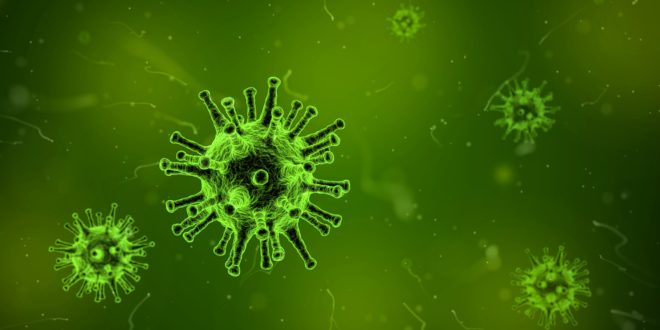The Global Cancer Burden
Cancer has become the curse of modern society. This is one disease that causes not only physical and emotional pain, but the suffering it brings upon families, near and dear ones is incalculable. You may be asking yourself can gut bugs affect your cancer risk?
And when it comes to kids, what can be more painful to see a kid handling this deadly burden?
The World Health Organisation estimates that by age 50 1 in 3 males and 1 in 2 females will have a diagnosis of cancer. This is a huge number. Among the top ten deadliest cancers in the world, three have their origin in the gut: Colon, Pancreatic and Stomach cancers.
Despite all advances in developing new drugs for chemotherapy, radiation therapy and surgery, the incidence is only on the rise.
The other reality is that less than 5 % of these cancers can be attributable to genetic factors. The rest involve external factors, particularly our diet.
What Causes Cancer Cells?
Although cancer is considered to be multifactorial, there are only very few direct associations, as far as cause and effect that apply to cancer.
These are:
- H Pylori infections and stomach MALT (Mucosa Associated Lymphoid Tissue) Lymphoma
- Schistosomiasis (a type of parasite infection) and bladder cancer
- Hep B and C viruses causing liver cancer
As surgeons and treating doctors, we have the ability to cut out or destroy (by chemo or radiotherapy) a cancerous growth.
When possible, however the question that perplexed me the most, when an individual, after having their cancer treatment would want to know, what they could do to prevent the cancer from coming back?
“Work on your lifestyle” is what I would have answered, gently nudging the patient to speak to their dietitians …until now!
I consider myself to be better educated and well equipped to answer that question today.
You may also be interested in our holistic health articles on Is your Gut Health Putting You at Risk? and Holistic Health Magazine on Gaining and Understanding on Cancer
Role of Inflammation in Cancer
What is now becoming more and more recognised is that long standing “inflammation” and chronic activation of the immune system are important factors contributing to cancer development.
Scientific studies have also linked Gut inflammation to cancers outside the gastrointestinal tract.
One study looked at the link between gut inflammation (dysbiosis) and breast cancer and (although this was done in mice), researchers discovered that breast cancer developed within 4-6 weeks of infection with a particular type of harmful gut bacteria.
An article published in The Lancet summarised it very well – If genetic damage is the “match that lights the fire” of cancer, some types of inflammation may provide the “fuel that feeds the flames”.
Are our gut bacteria able to influence our cancer risk and potentially our response to chemotherapy drugs?
This may sound too bizarre, however indicators are that the intestinal microbes modulate the effect of certain chemotherapeutic drugs. Not only this, the gut bacteria also influence the response of chemotherapeutic drugs on cancers by influencing the internal chemistry of these tumours.
In 2013, a team of scientists, from National Cancer Institute, made a surprising observation: The team treated a group of lab mice with a heavy dose of antibiotics, which damages their gut microbiome.
These mice were subsequently assessed for their response to a variety of cancer therapies typically effective in rodents. The results were starkly in favour of the mice that did not have antibiotics hence, had a healthy Microbiome.
It showed that chemotherapy drugs of different variety, shrank a variety of implanted tumour types with improved survival in mice with intact microbiomes, who had not been treated with heavy antibiotics.
In recent years, research has demonstrated that microbes living in and on the mammalian body can affect cancer risk, as well as responses to cancer treatment. Although the details of this microbe-cancer link remain unclear, investigators suspect that the microbiome’s ability to modulate inflammation and train immune cells to react to tumours is to blame.
“It is exciting to think that a form of ‘personalized’ medicine could be applied based on “Gut bacterial identity” of the individual. For instance, one could imagine that, in the future, we could determine the degree of cancer drug responsiveness based on microbiome composition. Sounds exciting doesn’t it!!
In our own practice, we have allowed for this “New Science” to percolate into our patient management pathways. This has led to the birth of Integrative Medicine and Surgery.
You can find much more information on living a holistic lifestyle in these free magazines and on our YouTube channel.
 Dr Arun Dhir,FRCS,FRACS – Gastro Intestinal Surgeon, Health & Wellness Advocate
Dr Arun Dhir,FRCS,FRACS – Gastro Intestinal Surgeon, Health & Wellness Advocate






